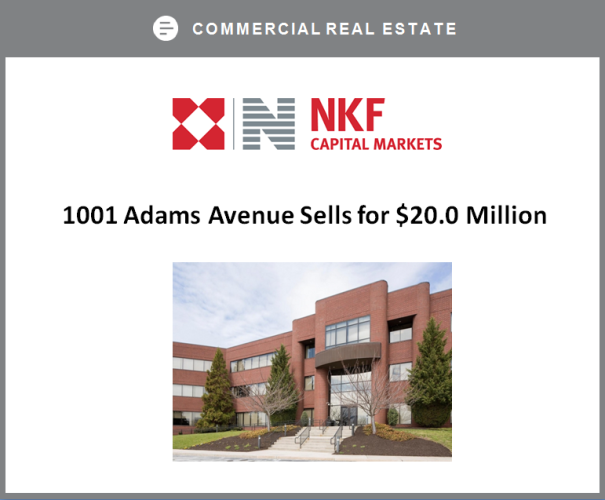
- Most sectors see workloads decline in Q1.
- Twelve-month expectations scaled back significantly with profit margins and headcounts falling.
- Financial constraints and skill shortages are still key impediments across the industry.
As the economic fallout from the ongoing Covid-19 outbreak takes hold, Q1 2020 RICS/AACE US Construction and Infrastructure Survey results show a significant deterioration in market sentiment. Having increased firmly during the final quarter of 2019, total workloads fell in Q1, with the net balance deteriorating from +45% to -12%. Looking into the breakdown by sector, private industrial and commercial workloads suffered the most noticeable quarterly declines (posting net balances of -17% and -16% respectively). At the other end of the scale, the feedback received points to a more resilient trend in the public residential sector, as workloads reportedly edged slightly higher throughout Q1 as a whole.
In the infrastructure sector, the headline workloads net balance fell to +5% in Q1, down from a reading of +54% previously. Within this, workloads on harbors, road, and rail projects saw the steepest declines over the quarter. By way of contrast, respondents report that activity continued to rise (albeit at a moderated pace) in the communications and airports sectors.
There also seems to be a split between changes in workloads for new projects and those for repair and maintenance work. Indeed, while the former experienced a noticeable fall over the quarter, the latter has held up much better (at least for the time being). Nevertheless, overall profit margins were reported to have fallen in Q1, following a steady trend in Q4. 56% of survey participants view financial constraints as a critical impediment to market activity, while 65% cite a shortage of skilled labor to be causing difficulties.
“It is clear that professionals expect governments to boost infrastructure spending on the road to economic recovery,” said Sean Ellison, Senior Economist at RICS.“This will provide a ray of light amid the gloomier outlook for the sector, perhaps pointing to a way out of the current downturn.”
Twelve-month expectations were downgraded across all categories compared to Q4. For infrastructure, the net balance of respondents expecting an increase in workloads over the year ahead fell to just +5%, sharply lower than +63% last time. For non-infrastructure workloads, expectations have turned completely flat and now standing at zero (compared to a reading of +63% in Q4). Alongside this, a net balance of -12% of contributors now expect headcounts to contract (net balance was +73% in Q4). A net balance of -30% of respondents expect profit margins to be further squeezed in the twelve months ahead.
Chris P. Caddell, President Elect, AACE International, and Senior Vice President, Turner & Townsend, commented:“Covid-19 has had an unprecedented impact on the construction and infrastructure industries, resulting in a complete reversal in these markets in an incredibly short period of time. The hope is that as we develop treatments and practices to help deal with this crisis, the impact will be relatively short term. The silver lining is that this pandemic has pushed us to innovate, creating new and better ways to work and collaborate. Ideally some of these improvements will benefit the industry as we recover.”
RICS Construction and Infrastructure Surveys
RICS’ Construction and Infrastructure surveys provide quarterly guides to the trends in the construction and infrastructure markets. The regional reports are available from the RICS website www.rics.org/economics along with other surveys covering the housing market, residential lettings, commercial property, construction activity and the rural land market.
Methodology
Survey questionnaires were sent out on March 11, 2020 with responses received until April 16, 2020. Respondents were asked to compare conditions over the latest three months with the previous three months as well as their views as to the outlook. A total of 1,323 company responses were received globally. Results are collated at a country level with regional results only reported if a minimum of ten responses received.Responses in Canada were collected in conjunction with the Canadian Institute of Quantity Surveyors. Responses in the United States were collected in conjunction with the Association for the Advancement of Cost Engineering.
RICS promotes and enforces the highest professional qualifications and standards in the valuation, development and management of land, real estate, construction and infrastructure. Our name promises the consistent delivery of standards - bringing confidence to markets and effecting positive change in the built and natural environments.






